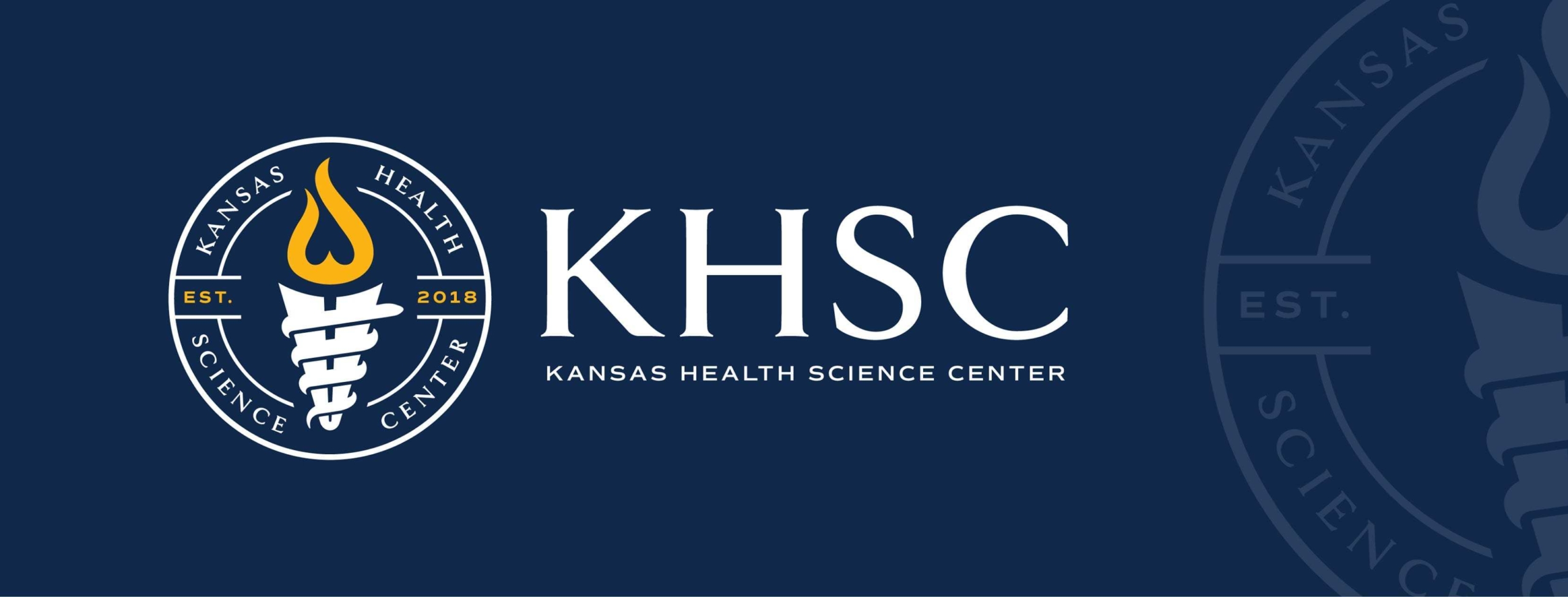For Dr. Eustaquio Abay, being a good physician is about more than just making the right diagnosis or implementing a successful treatment plan; it’s about looking beyond the medical chart to care for the individual it represents.
“My father was a doctor, a general practitioner, and was old school—he was also a teacher in that sense. He believed in personal relationships and in having patients and their families participate in their own care,” Dr. Abay says. “I grew up in that environment and I was blessed that I eventually ended up in an institution committed to that same culture.”
Now a retired neurosurgeon, Dr. Abay attended medical school at the University of Santo Tomas in the Philippines before taking an internship in general surgery at Presbyterian Medical Center of the University of Pennsylvania Health System. His residency in neurosurgery was at the Mayo Clinic, where he also earned an M.S. in Neurosurgery.
Dr. Abay first visited Wichita two to three times a year during his residency training because his sister lived here. Liking what he saw, Dr. Abay relocated to the city himself in 1986 and founded the Kansas Spine Hospital and the Abay Neuroscience Center—the largest private neurosurgery group in the state of Kansas.
It was while in practice that Dr. Abay began noticing a troubling trend in modern health care education, one that contradicted his own training and personal beliefs and ultimately led him to join the faculty at the Kansas College of Osteopathic Medicine as a professor of neurosurgery.
“I think the study of medicine has been driven by the science and the art has been lost. In fact, I’m of the opinion that we’ve lost the art of compassion,” Dr. Abay says. “The whole idea is to make the student feel that they’re there because of the patients, first and last. They’re there for the patients and their families to make them get back to as normal life as possible and to do it with understanding and compassion—making the patient not just a number, but a person.”
Dr. Abay’s dedication to conveying compassion to those around him extends to his charitable work. He is a board member of Gawad Kalinga USA, an organization dedicated to ending poverty in the Philippines; an advocate for GK Enchanted Farm’s SEED Philippines, a school for entrepreneurial development for the poor; a founding member of the Mayflower Clinic, a free clinic for uninsured Wichitans; the founder and chairman of Hopeburst Foundation, a drug rehabilitation and community revitalization center; and founding president of the Filipino-America Initiative to Transform the Homeland.
At KansasCOM, Dr. Abay is focused on helping transform the way medical students are taught by getting them out of the classroom and into the real world as early on in their education as possible so they can begin developing the tools that will make them better, more well-rounded physicians.
“The making of a doctor is a complex process. This new school is novel in that we want to approach teaching with a different culture in mind. From the get-go we want the students to gain clinical exposure and learn medicine with the total patient in mind. It’s not about just learning the basic science and the clinical science, it’s about having a good patient-doctor relationship—and that includes the whole family,” Dr. Abay says.
Dr. Abay is especially excited about being a part of KansasCOM at this early stage in its evolution and being surrounded by a team of dedicated colleagues who share his passion for innovation and the improvement of health care education.
“This is an opportunity to create a college of medicine from the ground up. We’re working together as a team, committed to the same culture. We are all working together to deliver the best possible education for our students,” Dr. Abay says. “It’s a nice environment to be in, and, in the end, the students, the patients, and the community will all benefit.”
Above all, Dr. Abay believes in the students who will soon walk through KansasCOM’s doors on their way to transforming our community.
“I believe in the magic of believing,” Dr. Abay says. “For the students, it sometimes can become formidable and seemingly impossible to overcome certain difficulties. The road to becoming a doctor is rough but it’s important for the students to believe in themselves and their ideals. If they believe enough, nothing is impossible.”

